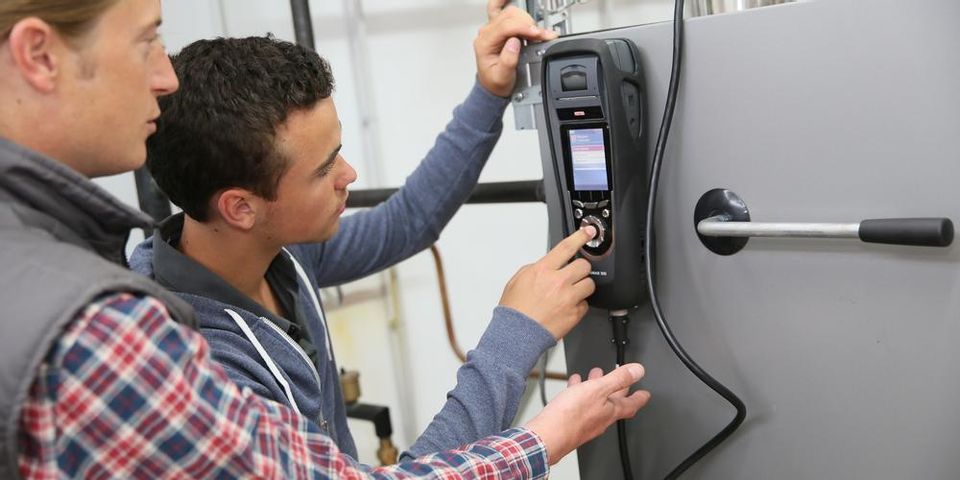A Beginner's Guide to Understanding Heat Pumps

Many people don’t realize that heat pumps, given their name, are responsible for both the heating and cooling process of central HVAC systems. The unit sources outside air to warm or cool an indoor space. If you’re interested in learning more about how they work, below is a brief beginner’s guide to their function, benefits, and optimization.
How Do Heat Pumps Function?
A heat pump relies on mechanical energy to transport air from a colder area to a warmer one — or vice versa — similar to a refrigerator. Even when the weather outside is cold, heat pumps can typically source sufficient ambient heat to transfer directly into the home. An outdoor unit sources the air, while a compressor transports it to the indoor unit, which then emits it into the rooms. Meanwhile, when it’s hot out, the system will do the opposite: it extracts heat from inside the house and releases it outdoors, similar to an air conditioner.
Benefits & Optimal Uses
 Heat pumps are especially desirable due to their energy efficiency. They are typically better in this respect than electric or gas furnaces, baseboard heaters, and other similar systems. Rather than using energy to convert a fuel source into heat, the pumps simply use the surrounding air.
Heat pumps are especially desirable due to their energy efficiency. They are typically better in this respect than electric or gas furnaces, baseboard heaters, and other similar systems. Rather than using energy to convert a fuel source into heat, the pumps simply use the surrounding air.
Heat pumps are ideal for those living in mild to moderate climates. While they will still work in temperatures below 32 degrees Fahrenheit, they are most efficient in above-freezing environments, as they may otherwise need to rely on a backup generator if it’s too cold out.
If you’re interested in learning more about heat pumps, consult the professionals from Concord Heating & Air Conditioning. Since 1977, the premier team has been providing residents in North Carolina with the highest quality HVAC services. To learn about how the services the heating contractors offer, visit them online. You may also call a helpful professional today at (704) 786-6608 and schedule an appointment.
About the Business
Have a question? Ask the experts!
Send your question

